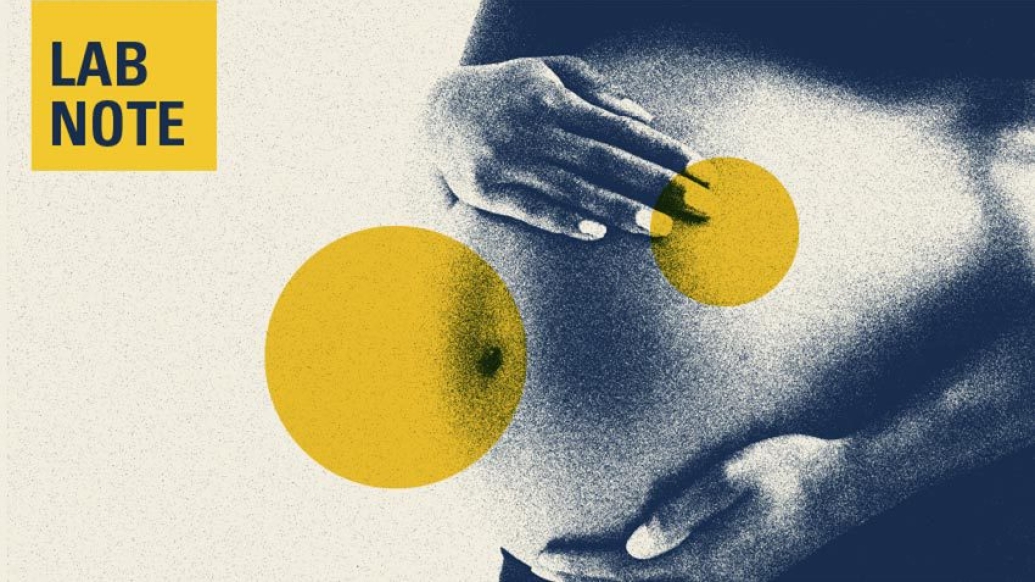Study suggests Black pregnant individuals are more exposed to chronic social stressors that may increase their risk for negative health outcomes, racial disparities.
5:00 AM
Author |

Black individuals may be more likely to experience social stressors and depressive symptoms associated with inflammation during pregnancy, a new study suggests.
The findings, which appear in Brain, Behavior, & Immunity-Health, was based on a cohort of 187 pregnant Black women at prenatal clinics in the Midwest.
"Black women are more likely to experience systemic inflammation during pregnancy that is not only harmful to maternal health but can also affect health outcomes for babies later in life," said lead author Nadia Saadat, MBBS, M.S., Ph.D., a pediatrics research fellow at Michigan Medicine.
"We wanted to identify modifiable risk factors that could help reduce health disparities in maternal morbidity and mortality, and adverse birth outcomes among this population. Our findings suggest Black women are exposed to more chronic social stressors compared to other races, which may increase their risk for poor mental health and negatively affect reproductive health."
Inflammation is a normal part of the body's immune response to infection and injury, chronic stress or obesity. Heightened inflammation during pregnancy may increase risks for negative maternal and birth outcomes.
Studies have shown that social and environmental stressors can activate the stress response and trigger chronic inflammation affecting the whole body – a risk factor for poor cardiovascular health and mortality.
More than one in four pregnant people in the study reported depressive symptoms and depressive symptoms were found to be related to a marker of systemic inflammation. Intimate partner violence and other psychosocial risk factors such as smoking were also related to inflammation markers among participants.
Saadat says the data reinforces the need to develop new guidelines for healthcare providers to screen for social and behavioral risk factors and systemic inflammation, especially among high-risk population groups.
Previous research indicates that patients are more likely to take advantage of available treatment options during pregnancy when their providers recommend it.
"Pregnant women should be screened for depressive symptoms by healthcare providers and encouraged to participate in programs to manage and treat depression," Saadat said.
"Adequate screening for these risk factors and treating pregnant people for depression throughout pregnancy may be a critical intervention to improve overall maternal wellbeing and to reduce risk factors linked to racial disparities in pregnancy outcomes."
Additional authors include senior author Carmen Giurgescu of University of Central Florida; Liying Zhang of Wayne State University; Suzanne Hyer of University of Central Florida; Vasantha Padmanabhan of University of Michigan; Jennifer Woo of Texas Woman's University; Christopher Engeland of Pennsylvania State University and Dawn Misra of Michigan State University.
Study cited: "Psychosocial and behavioral factors affecting inflammation among pregnant African American women," Brain, Behavior, & Immunity-Health. DOI: 10.1016/j.bbih.2022.100452

Explore a variety of healthcare news & stories by visiting the Health Lab home page for more articles.

Department of Communication at Michigan Medicine
Want top health & research news weekly? Sign up for Health Lab’s newsletters today!





